A Level Politics
Curriculum overview for A Level Politics
Curriculum intent – the knowledge, understanding and skills that students will learn
Students will investigate, critically analyse and evaluate UK Government, the political system, institutions in the UK and the UK as an actor on the global stage. They will be able to understand their relationship with the state and the fellow citizens e.g. through political processes and examining methods of participation in a democracy; including the role of the media in politics. They will examine the various powers of UK government and how our constitution has evolved in recent years by interpreting political information and making comparisons with the USA. Students who have studied Citizenship and PPE at Key Stage 3 and Key Stage 4 will build on their knowledge of UK politics, intergovernmental organisations, our relationship with the wider world through membership of these organisations, potential solutions to global conflict and crises and the challenges faced by the global community. Students will explore and evaluate various international perspectives on issues such as global terrorism, poverty, economic instability, weapons proliferation and failing states. They will also gain the foundational knowledge of five different political ideologies, such as Conservatism and Socialism, and how these ideologies have influenced the perspectives and decisions of political parties and world leaders.
Curriculum implementation – teaching, learning and assessment strategies
Students will be expected to complete independent wider reading on recent political events and to keep up to date on current domestic and international political affairs. Wider reading and research include listening to political podcasts, reading articles and relevant books and analysing recent news. In class teaching is sequenced to ensure that students begin with the foundational knowledge of UK politics, political ideologies which influence decisions made by people in power, and how we participate. This learning leads onto the study of UK Government where students apply this knowledge to our relationship with the state and the global political stage. Class teaching requires a high level of verbal participation from students through discussion and debate. Students also have the opportunity to debate ideas from various perspectives, not just their own perspective to encourage them to consider other points of view. As this subject is assessed solely by examination, students also take regular written assessments in timed conditions, as well as low-stakes quizzes. As part of the A Level Politics course, students will also have the opportunity to visit UK Parliament.
Curriculum impact – intended outcomes for students
• To be able to understand the rights and responsibilities of individual groups and develop an interest in and engage with contemporary politics through the various methods of participation they have explored throughout the course.
• To develop their knowledge and understanding of political structures and also develop a critical awareness of the changing nature of politics.
• To critically assess the relationships between political ideas, institutions and process
• To gain an informed understanding of the influences and interests which have an impact on decisions in government and politics.
• To be able to critically analyse, interpret and evaluate political information to form arguments and make judgements.
Course overview for A Level Politics
Exam board: Edexcel - A level Politics - Specification (pearson.com)
Coursework: Not applicable
Paper 1: UK Politics 331/3 % of the qualification
Section A: Political Participation
Section B: Core Political Ideas (Conservatism, Liberalism and Socialism)
Paper 2: UK Government 331/3 % of the qualification
Section A: UK Government
Section B: Non-Core Political Ideas (Nationalism)
Paper 3: Global Politics 331/3 % of the qualification
Section A: One 12 mark question from a choice of two
Section B: One compulsory 12 mark question focussed on comparative theories
Section C: Two 30 mark questions from a choice of three
